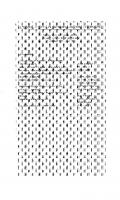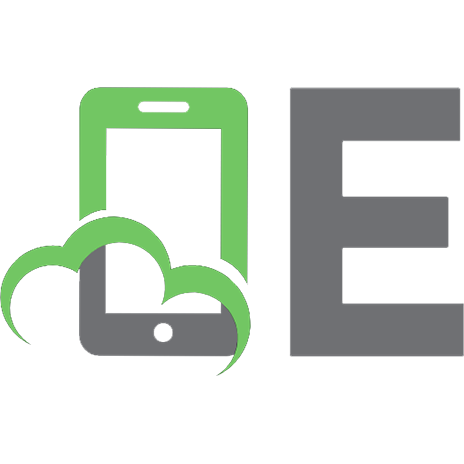Sylvia Plath: Poetry and Existence 9781472554239, 9781472505897
Admirers of the work of Sylvia Plath will welcome this new paperback edition of a study, first published by The Athlone
241 87 25MB
English Pages [312] Year 2013
Recommend Papers

- Author / Uploaded
- David Holbrook
File loading please wait...
Citation preview
I
Who is Sylvia? This book attempts to use interpretations from psychoanalysis and kindred disciplines to improve our understanding of the poetry of Sylvia Plath. It is an extended essay in literary criticism undertaken because I value Sylvia Plath's work as an artist, and believe that she has important things to tell us about her particular kind of experience. I also believe that she suffered a characteristic sense of existential insecurity in our world, the most significant aspect of which was her feeling that she might lose her sense of meaning in life and her capacity to throw her imagination over the world-the capacity to perceive in an intentional way. Not unrelated to this, as I believe, she had, in her private phenomenology, a fatally false sequence in her logic: she believed that death could be a pathway to rebirth, so that her suicide was a schizoid suicide. Again, this cannot be discussed without reference to the atmosphere of the contemporary arts, which displays at this moment a dangerous rejection of life, moving towards nihilism and an abandonment to hate. My first paragraph, however, reveals a dilemma. Who or what do we mean, when we speak of 'Sylvia Plath'? My material is the poetry and the novel: I am not a biographer. But it will be clear that if! deduce from certain kinds of symbolism in the poetry that Sylvia Plath had schizoid characteristics and the special kind of problems which belong to this condition, I am extrapolating from the poems to the person, and here there may be, or may not be, confirmation or illumination from biographical facts. Yet the poems are often fictions, while others are clearly autobiographical. The lovely poem The Night Dances is evidently about her own actual baby: and this is confirmed by a note by her husband.
2
Poem for a False Birth No sooner do I turn to the poems than I am beset with almost insoluble difficulties. I have to try to relate two languages: that of literary criticism and that of those disciplines which investigate the meanings of consciousness. Moreover, I have to set out to bridge two methods, trying to foster the reader's possession of poetic meaning, while endeavouring to discuss universal truths about the dynamics of human personality as seen by 'philosophical anthropology'. The only way I can convince my reader is by making him feel that the poetry is illuminated by what I am saying, and that the human condition of which poetry speaks is susceptible to understanding. So, my best way to begin is to find a poem central to the oeuvre and pursue a discussion of it, even if for the moment I find myself writing an interpretation which will seem strange, if not mad, to the reader. I propose to begin by making an analysis of the poem at the end of Sylvia Plath's collection The Colossus, Poem for a Birthday (pp. 80-8). By a phenomenological approach, exploring the ambiguities and meanings of every word here, I shall try to demonstrate that this poem delineates Sylvia Plath's predicament in all its complexity and takes us into the heart of the dilemma posed by her work. At the same time it will become evident that we need more than literary critical disciplines to fully understand her. I ask the reader to bear with my analysis of this poem, ignoring for the moment certain problems of the concepts and theory I shall be using. I shall return to these later. For the time being I want to show that Sylvia Plath was indeed, as she believed, speaking of 2









